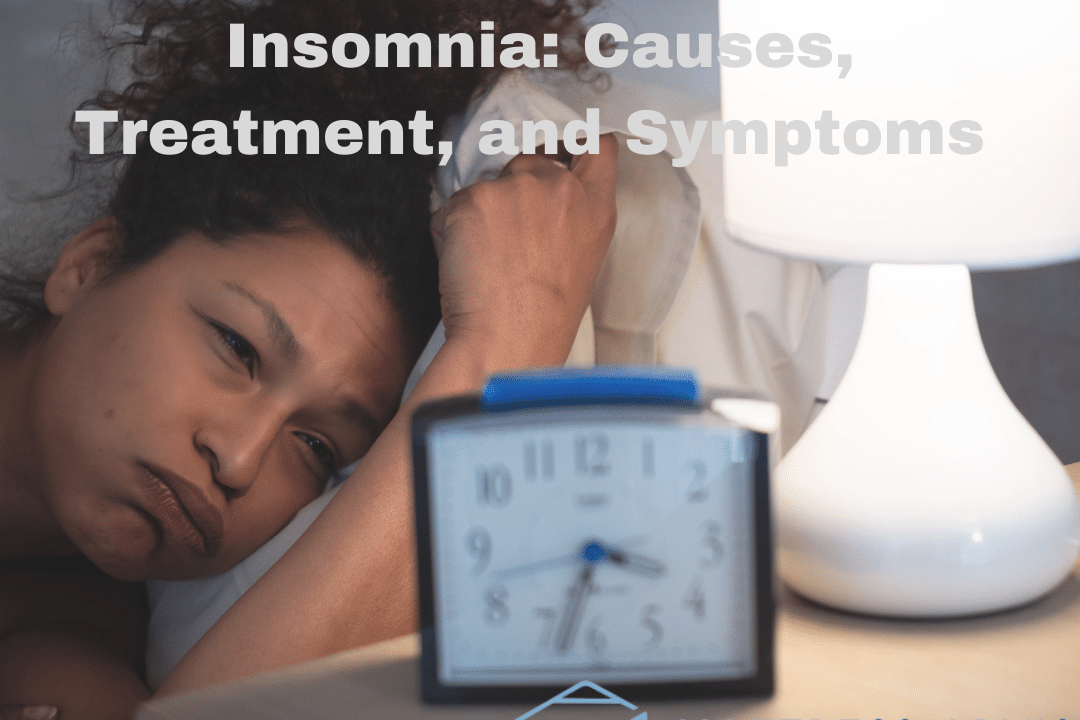Beautiful Plants For Your Interior

What is Psychophysiological Insomnia?
Understanding Psychophysiological Insomnia
Psychophysiological insomnia is a type of sleep disorder characterized by difficulty falling asleep or staying asleep, primarily due to psychological factors. Unlike other forms of insomnia, which may stem from medical conditions or lifestyle choices, psychophysiological insomnia is often rooted in anxiety, stress, or other emotional disturbances. This condition can create a vicious cycle where the fear of not sleeping leads to increased anxiety, further exacerbating the insomnia.
Causes of Psychophysiological Insomnia
The causes of psychophysiological insomnia can be multifaceted. Common triggers include:
| Trigger | Description |
|---|---|
| Stress | Work-related pressures or personal issues can lead to heightened anxiety. |
| Anxiety Disorders | Conditions such as generalized anxiety disorder can disrupt sleep patterns. |
| Depression | Feelings of hopelessness can contribute to sleep disturbances. |
| Negative Sleep Associations | Associating the bed with wakefulness can create a mental block to sleep. |
Symptoms of Psychophysiological Insomnia
Individuals suffering from psychophysiological insomnia may experience a range of symptoms that can significantly impact their daily lives. These symptoms include:
| Symptom | Description |
|---|---|
| Difficulty Falling Asleep | Struggling to initiate sleep, often taking more than 30 minutes. |
| Frequent Awakenings | Waking up multiple times during the night and having trouble returning to sleep. |
| Daytime Fatigue | Feeling tired or lethargic during the day due to poor sleep quality. |
| Concentration Issues | Difficulty focusing or maintaining attention due to lack of restorative sleep. |
Treatment Options for Psychophysiological Insomnia
Treating psychophysiological insomnia often requires a multifaceted approach that addresses both the psychological and physiological aspects of the disorder. Common treatment options include:
| Treatment | Description |
|---|---|
| Cognitive Behavioral Therapy (CBT) | A structured program that helps change negative thought patterns related to sleep. |
| Relaxation Techniques | Methods such as meditation, deep breathing, and progressive muscle relaxation. |
| Sleep Hygiene Education | Guidance on creating a conducive sleep environment and establishing a sleep routine. |
| Medication | In some cases, short-term use of sleep aids may be prescribed. |
Statistics and Impact of Psychophysiological Insomnia
Psychophysiological insomnia is more common than many realize. According to the American Academy of Sleep Medicine, approximately 30% of adults report insomnia symptoms, with a significant portion attributed to psychological factors. The impact of this condition extends beyond sleep, affecting mental health, productivity, and overall quality of life. A study published in the Journal of Clinical Sleep Medicine found that individuals with insomnia are at a higher risk for developing anxiety and depression, creating a cycle that can be difficult to break.
Conclusion
Psychophysiological insomnia is a complex condition that intertwines psychological and physiological factors, leading to significant sleep disturbances. Understanding its causes, symptoms, and treatment options is crucial for those affected. By addressing the underlying psychological issues and implementing effective treatment strategies, individuals can break the cycle of insomnia and improve their overall well-being. If you or someone you know is struggling with sleep issues, seeking professional help can be a vital step toward recovery.

